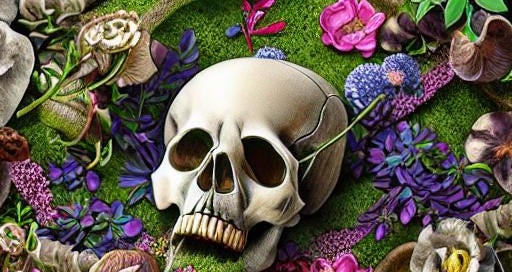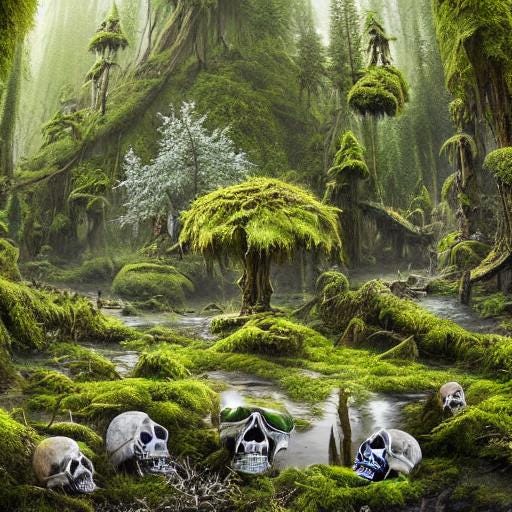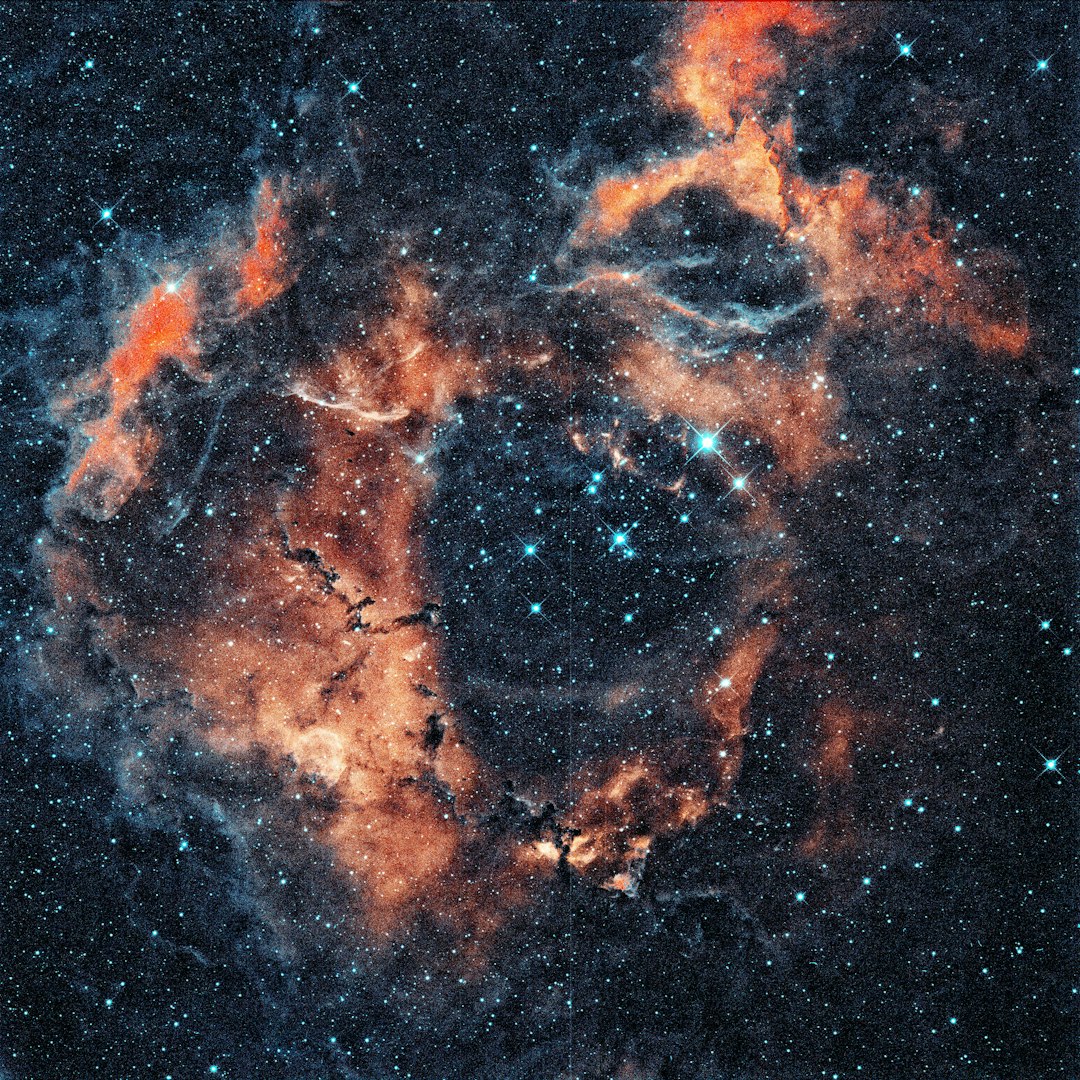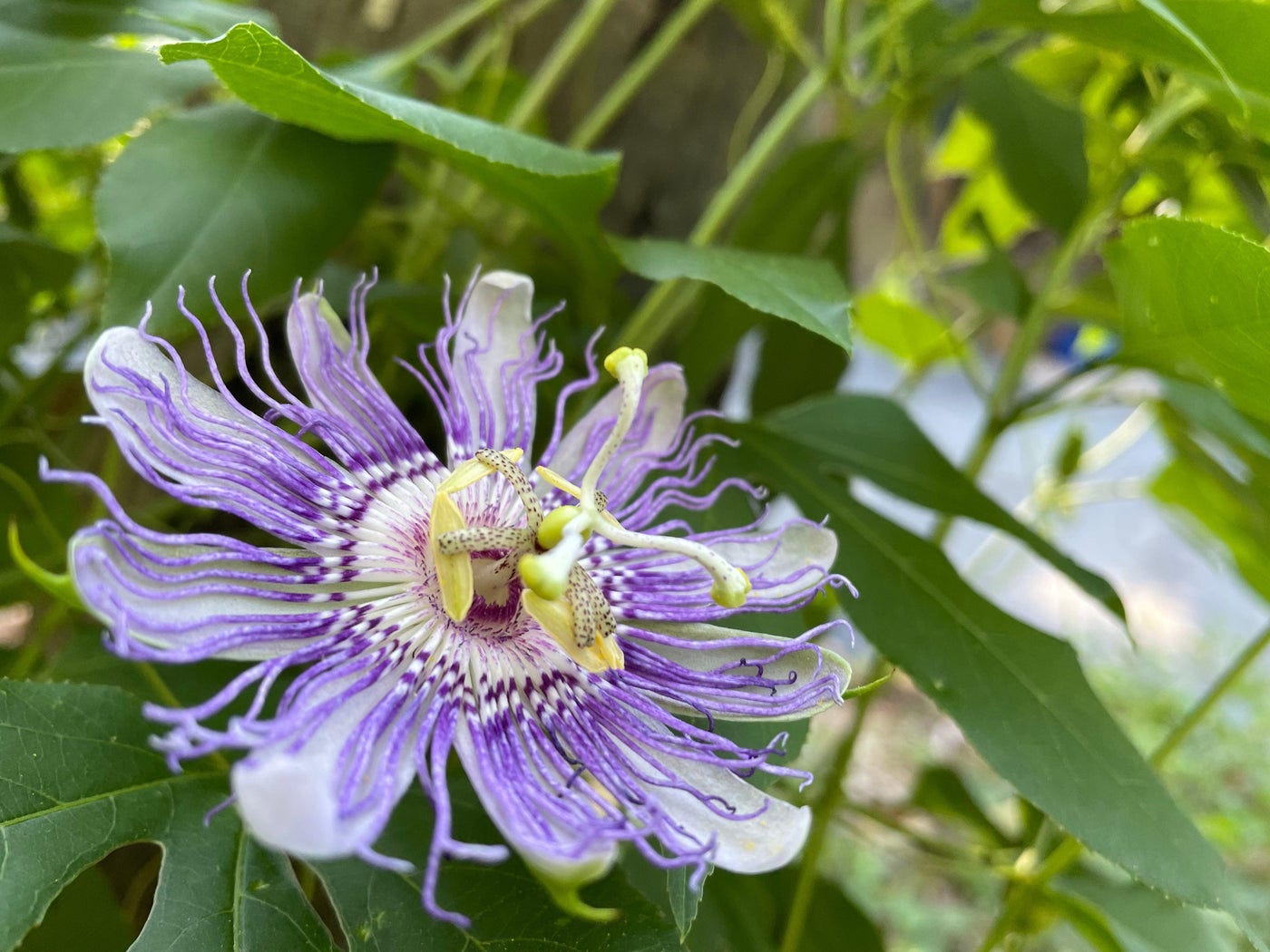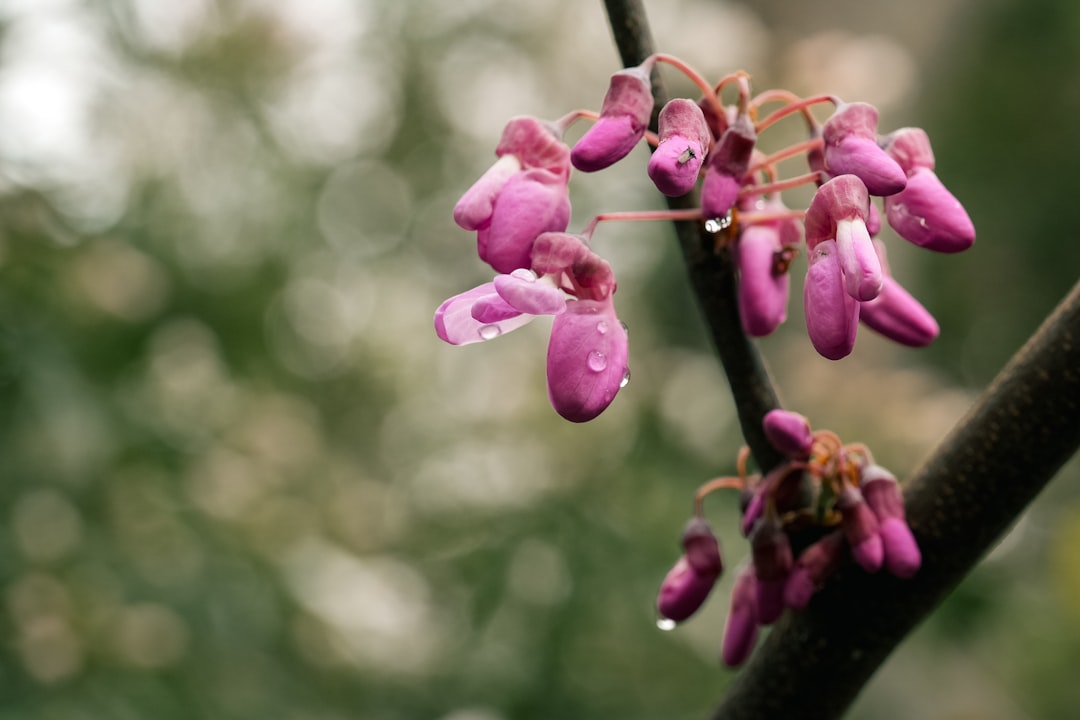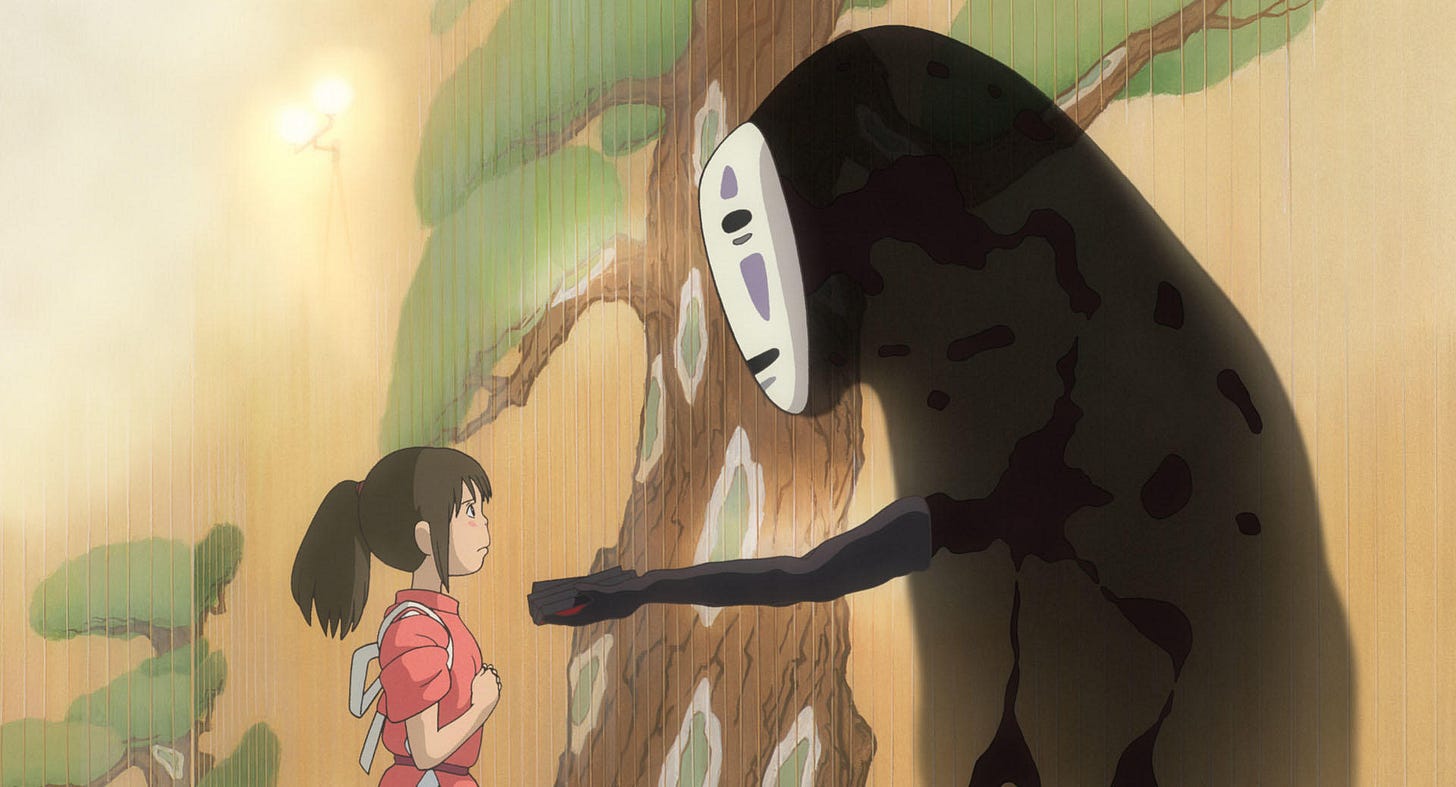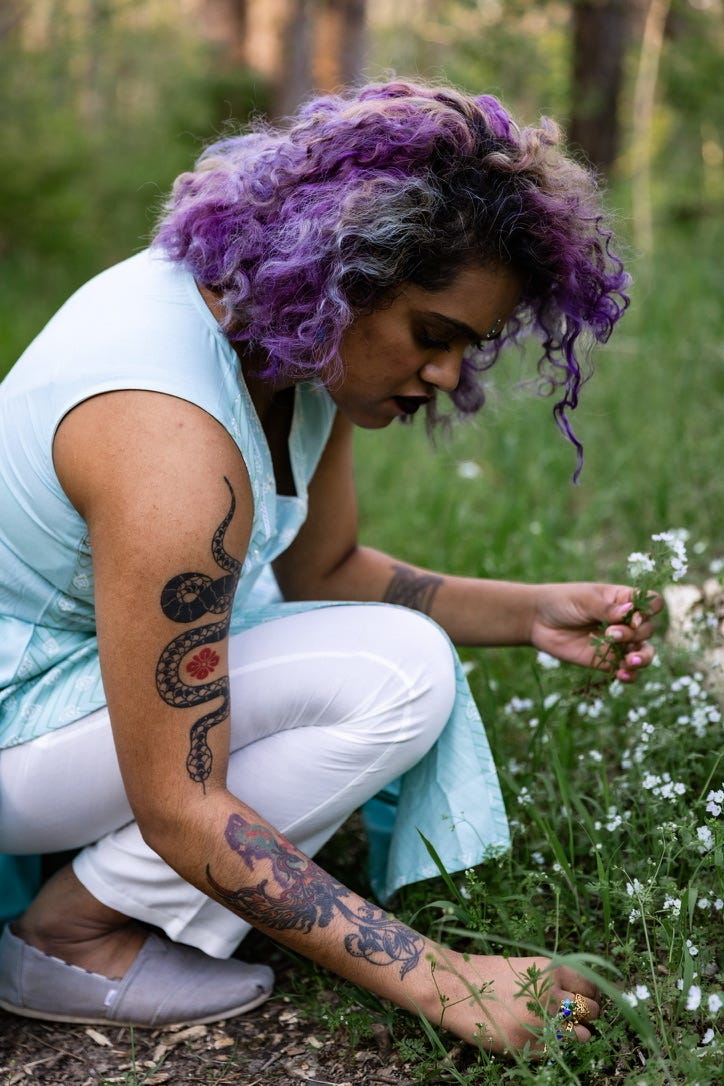Focusing on what we're FOR, more than what we're against helps us build relationships
How "leftist" politics often drive isolation & become a barrier to connection
Over the years- thru my own political journey and by working with folks 1 on 1 or in political organizing spaces, I’ve observed how “leftist” politics can further drive isolation & loneliness rather than facilitate meaningful relationship building. If our politics are about struggling for collective liberation, why is it so hard to find a collective we can truly struggle with? Why is it that in our efforts to be militantly anti-capitalist, we can ironically fall back on capitalist/ colonial ways of being? Why is it that in our efforts to dismantle oppressive systems, we often end up replicating oppressive hierarchies & cycles of harm? It’s pushed me to think more deeply about why our reality on the ground can differ so dramatically from the idealized political beliefs we hold or the “liberation” theories & ideologies we carry in our heads.
We may preach one thing but a clear, hard, honest, vulnerable look in the mirror may show that we struggle to embody these political values in our daily life. To some extent- I think this is part of the process. We learn by struggling, seeking, pursuing, stumbling & making mistakes.
P.S. “The left” is not a real entity. Everyone has different definitions of what it means. It is binary-based, reductive & somewhat reactive. Being part of “the left” is by default shaped by what arbitrary metrics one thinks shape “the right”. These binary categorizations were also created by oppressive systems to make us comprehensible & manageable. I don’t personally subscribe to such reductions but use the word “left” here for ease & brevity.
Early on- political awareness can feel more like a curse than a blessing
Isolation to some degree may be a natural arch or a period of “growing pains” in one’s political awareness journey. When I first began to better understand how oppressive systems operate & trickle down to shape our identity or perception of the world, I felt alone & scared. As our political knowledge expands, our familiar reality & sense of self are ripped apart. When I realized that I’d internalized so many values of the empire as my own, these oppressive systems seemed inescapably & hopelessly all-encompassing. They were everywhere. Most people around me seemed to have normalized such brutality (like I once did). I couldn’t “unsee” it anymore. The lies we’ve been fed, the state propaganda, the inequity, the hierarchies, the cages from nuclear family norms to school, the exploitation of people or the planet. I hated these systems that took so much from us. The rage, anger & resentment consumed me & often guided my actions. At the end of the day, I found myself increasingly lonely, isolated, paranoid, hyper-vigilant, siloed into a corner where I was tired, burnt out and deeply resentful of so many things & so many people.
On not making oppressive systems the center of your universe
When we excessively hyper-focus on the empires that we’re AGAINST without sufficiently exploring what we are actually for, these oppressive systems become the center of our universe. At some point, we need to dive beyond being anti-capitalist or anti-colonial or “anti” something because leading with such reactionary politics may drive us right into despair & loneliness. Political awareness brings about a gigantic shift in our understanding of the world. So much of what we thought we knew gloriously collapses into ruins & leaves us in a vacuum where we have to re-create our identities. This massive shift is difficult & it makes sense when we have a tendency to relapse into patterns shaped by the same systems we’re fixated on tearing down. In trying so hard to not be defined by capitalism, we spend so much time fixating on it & end up not knowing who we are without it.
This isn’t a binary. In order to know who we are outside of capitalism, we do need to dissect which parts of us are shaped by the empire. Knowing what we are against does allow us to be better informed about what we could be for. In order to dismantle these systems, we need to practice caring for each other without relying on them, re-imagine alternatives, build & fortify our relationships. However, it is important to strike a balance between focusing on what we’re dismantling versus what we’re building. The reality is when we build, we simultaneously dismantle. These aren’t phases in some chronological order but two sides of the same coin. A balance. But fixating on the systems we hate more than the beautiful things we love in this world tips this balance. Instead of centering our communities, the land, our ecosystems, we spend majority of our time/ labor/ energy centering oppressive systems. It’s not hard to imagine how this could drive us into isolation & in practice push us further away from the collective liberation we’re desperately pursuing.
When “leftist politics” can be barriers to finding connection & meaningful relationships
When we’re not aware of our own bulls**t, we inevitably end up festering in it & it prevents us from growing. We’re not above these systems. We’re not fully defined by them either— there is much more to us than intergenerational trauma. Focusing on what we’re against can often lead to such binary, reductive, extremes-based thinking where we’re obsessed with these systems more than we are in love with our communities or the land. We focus on being militant, harsh, aggressive, combative, rage-driven (all qualities that are part of doing what it takes to dismantle oppression while defending our communities) but less so on being caring, generous, compassionate & empathy-driven.
It’s a slippery slope. Violence against systems or the nation-state is a critical, necessary tool of resistance. But when can this shift into violence against people & the land in the name of resistance? I think this shift happens when we are driven by rage more than we are by love or desire to care for others. When we begin to think our “woke” politics make us fundamentally better than other people- that is when we risk directing rage & fury (that should be reserved for oppressive systems) against the very people who we could be in meaningful relationships with. Ultimately, this is harmful to other people & to ourselves. When we’re exceedingly harsh with others or policing them to categorize them as “good” or “bad”, this also tells us of the toxic, unhelpful, growth-stunting standards we hold ourselves to.
When theory doesn’t reflect on daily practice
We’re going to be influenced by the values of the empire even if we garner some political knowledge— being aware of this allows us to intentionally practice shifting away from it. Initially in my political awareness journey- I subconsciously took capitalist/ colonial approaches to attempt to fight capitalism/ colonialism. I realized how prevalent & widespread these issues were— from online “leftist” newsfeeds to movement spaces. We tend to replicate these paradoxes— the things we believe in or theoretically understand & intellectualize can dramatically differ from our actions. Our actions tell a completely different story than our political ideologies. Often, people’s actions are guided by values that are the exact opposite of what they say they’re politically about.
“Maybe if I know more”
We may fixate on garnering as much knowledge as possible about these brutal systems by devouring political theory. We hope that if we “know more”, “master” more information & fully comprehend this capitalist hellscape’s horrors, we may be able to escape them or get ahead of them. This leads to us falling back on colonial ways of being where we’re self-isolating in pursuit of individualistic self-enlightenment, submerged in books or online leftist spaces, hoping they will give us meaning, purpose & a semblance of safety that we can only ever fully experience in community on the ground. It also further perpetuates oppressive hierarchies.
Does one absolutely have to read jargon-filled complex political theory or philosophy or academic writings to contribute meaningful to their community or help make this world a slightly better place? What about all the people that such literature is fundamentally inaccessible to? It’s great if garnering such political knowledge allows some to make sense of their struggle, but is that the only way to do it? If we tell ourselves that harboring such knowledge makes us the chosen revolutionaries that will pave the path to liberation for the “masses”, what do we genuinely think of the “masses”? If we think we’re more capable & more gifted politically then what do we think of people who don’t follow the same exactly political learning route as us or who don’t use the same jargon as us?
P.S: Please feel free to comment with your thoughts & ideas. Reading them makes me happy. I’m also v open to ideas on topics you think I should write about or issues I may be able to speak to. & I can try to answer any questions you have :)
“Maybe I’ve figured it out & others just haven’t” — Me vs. you binary thinking
We’re socialized to think of ourselves as “individuals” eternally in competition with our kin- whether it is in school or fighting for the attention of immature parents or for “competitive jobs”. These systems fool us into thinking that having more means something- having more wealth or material possessions, knowledge, clout, accolades, positions of power, etc. It isn’t shocking to imagine that these desires to dominate or be better than others can even lead us to using leftist politics to assert intellectual or moral superiority over others. We may compete & want to be perceived as better than people who don’t superficially match our beliefs.
We may think we finally understand how oppression works, claiming moral high-ground over people who not “know” it all yet. The irony is we often make sweeping generalizations & assumptions about who someone is (something we can only learn by sharing time & space together) based on a quick, very surface-level, reductive assessment of them. Our initial impressions of people are inevitably biased by our own pre-existing beliefs. It takes intentional effort to not let these biases limit us from getting to know people who are very different than us but are actually very good for us.
If we think we’re the “good guys” & the heroes of our imaginary, idealistic story, then we aim to get other people to be like us or join “our side”. Political education can look very much like a missionary preaching ideas they believe to be “the truth” thinking everyone else who doesn’t subscribe to the precise same exact truth is in need of saving. In trying to convert people to become anti-capitalist or see the world thru our lens, we often aren’t open to seeing the world thru a new, alternative lens. Sometimes, I don’t see “political educators” caring too much to learn from people, understand them, learn more about their life & experiences in order to genuinely attempt to connect on a deeper, emotionally vulnerable level. If you don’t think others can teach you anything, then you’re effectively closing yourself off to the possibility of that ever happening. When we think we’re superior to other people or the land, then we won’t learn anything from the land. It’s a self-fulfilling prophecy that prevents our evolution.
Measuring people’s worth or our compatibility with reductive metrics
The reality is that we won’t get along with everyone & we don’t have to in order to our part. But it helps to think critically about how we can be open to people who can truly transform us, teach us about new liberating ways of being, care for us, hold us accountable & struggle with us, as we do the same for them. When we fixate on what we’re against, we inevitably come up with arbitrary criteria to categorize people as “good” or “bad”, “radical” or “not radical” etc. Such categories can be limiting when they become too rigid & defined. We consider people who aren’t on “our side” as “the other”. We fixate on ways to test people or assess them to determine if they meet the criteria on our gatekeeping checklist.
We aren’t the chosen ones who will bestow the gift of liberation onto the ignorant, mistaken masses too stupid to understand their own oppression. As just one example, I find these ideas pervasive among authoritarian, statist leftists who think their beliefs or supposedly superior knowledge/ experience makes them the “vanguard” who will lead the way as they seek to secure power on behalf of the “masses”. In attempting to do so, oppressive hierarchies are replicated with the false idea that nation states can be reformed & if a dictatorship is led by the “good” political party who will be in charge of the same state apparatuses like police/ prisons/ military then we’d all be free. It’s not hard to imagine how such power-hungry exceptionalism & superiority-based thinking can prevent folks from learning new liberating ways of being from people or the land that are otherwise framed as inferior.
“Everything sucks!” — On painting “the world” with a hopeless paintbrush
When we’re consumed or overly defined by our rage & hatred of oppressive systems (more than our love for community) and we lack some experience with collectivist ways of living, we tend to see the world thru a very ugly lens.
On social media- majority of the “woke” content I see tends to fall into two extremes. 1) Posts focus on raising awareness about the brutality of oppressive systems which inevitably means talking about capitalism over & over & over & over again… without placing as much emphasis on praxis or the beautiful things that make our lives worth living or 2) toxic positivity riddled posts that use social justice jargon to further perpetuate colonial ideas/ individualism (like mental health posts urging people to therapize their way out of oppression). Both of these are draining & soul-sucking. It leaves little room for nuance, complexity & gray areas. It makes sense that such echo chambers can drive despair, powerlessness, hopelessness & leave us stumbling in the barren darkness without any clear threads to hang onto or any roots to ground with.
We’re seeking connection in a world that has hurt us so much. We’re seeking safety in relationships after so many dynamics have been used to secure our obedience & compliance to the exploitative status-quo. But no not everything about this world is horrible. Being open to that idea opens us up to actually experiencing the intergenerational healing that is all around us & not just the trauma. “Most people are horrible” “No one gets me” “Humans are a virus” “This world is mostly a horrible place” All these ideas are an injustice to the land, to many collectivist peoples & beings past/ present/ future that pour their love & care into our ecosystems, sustaining them. These are the things we are fighting for but also trying to care for, love, value, appreciate, center & honor. When we think the ugliness of capitalism make the world ugly, we’re letting these systems have the exact effect they intend to have.
“Red flag!!” — When our walls are up a little too high
I’m not saying we should have no boundaries or expectations of people so we can assess compatibility. But when we lead with the things we are for rather than the the things we are against, we’re more open to meeting people who are different than us in ways that are complimentary but not necessarily opposed to or threatening to us. I notice that many people try to calculate their compatibility with someone based on reductive metrics like the individual identities one may state upfront or the precise type of political jargon & “woke” lingo one may utilize in initial conversations.
It may help to look for people who think like us, talk like us, act like us & are similar to us. Some look for people who also identify with the same individual identity labels as they do— whether it is gender/ sexuality/ race or other ideological identities like leftist, abolitionist, anti-capitalist, anarchist, communist, marxist etc. But at some point, we may end up actively avoiding people who we may perceive to be very “different” than us. Most of the so-called differences we establish are based on initial superficial interactions or identity labels which means we’re not truly making informed choices based on sufficient experience with another person. We may not even give people a chance to get to know us because we don’t put a genuine, open-minded effort to get to know them.
When does a healthy amount of critical thinking slip into toxic gatekeeping that makes it very difficult for people to climb over the many walls we’ve built to keep them out? Is it helpful to be hypervigilant & on-alert for red flags at all times? Can we ever use some sort of fool-proof political litmus “test” to assess each other such that someone only “passes” if they meet a long check-list of political criteria that we came up with? Is this an effective way to find people we can build meaningful bonds with?
I think it’s critical to have an idea of what your wants or needs are in relationships, communicate them, assess if there can be reciprocity in a dynamic to further deepen the connection etc. I also think it is easy to slip into patterns where we cut ourselves off from the world by painting it all to be “the enemy”. We can’t discern between the system & our kin. Our communities are so much more than capitalism/ colonialism. It may require us to persistently seek such magic out but it helps to be open-minded & not close ourselves off from experiencing the kindness, love & care that we all deserve.
Focusing on what you’re for & what you’re building facilitates hope/ connection
I’ve been trying to be less instinctively judgmental of people. For example, I don’t ask a new person "What do you do?” which is a question that tries to measure people’s worth based on their level of success under capitalism. I don’t want to size each other up because someone’s job says nothing about who they are. I know people are so much more so I try to ask “What do you care about? Where do you seek comfort? What are you passionate about? What makes you happy? What are you struggling with?” and other more precise yet open-ended questions that give people a chance to share deeper parts of themselves with me.
I’ve realized when we use identity or political labels to evaluate new people we meet, we’re replacing “What do you do?” with a reformed, more palatable, “How woke are you?” type of questioning with the same intent to measure people’s worth based on arbitrary metrics of what we consider to be good or bad. It still often leads to people being stratified into political “classes” where they are labeled as “radical” or “not there yet”. I’m not asking us to cozy up to fascists, I’m asking us to be open to the idea that we can never know everything & maybe people & the land will eternally have a lot to teach us. I’m hoping we can be open to the idea of being transformed in the most beautiful way by people who we initially thought we had nothing in common with.
Leaving you with a personal example of how I learned to do better (featuring some unsolicited dating tips)
In the fall of 2021, I found myself unemployed & in a predicament largely from realizing that elite, top-ranked academic institutions really were not a good fit for me (for reasons that are obvious if you’ve read any of my work). I was pushed to my breaking point in a medical fellowship in a new remote town where I was isolated & attempting to navigate the aftermath of ending an abusive long-term relationship + learning how to accept the heartbreaking pain or undesirable outcomes that may come even from healing relationships. But of course, doing all this without a communal safety net was not fun. After I left, I decided to go to Santiago, Chile for a year to get away from the empire for a bit & spend time in a different communal context.
When I got to Chile, I was in a vulnerable place— alone in a new country with a language I was not super proficient in, recovering from the necessary “death” of an elite career in academic medicine & trying to figure out who I was outside of capitalism. I was afraid of not aligning with people. I was paranoid about meeting people who would still be wrapped up in wanting to conform or succeed under these systems. I used dating apps & caught myself doing all the things I wrote above as things we probably shouldn’t be doing. I was listing a bunch of identities & labels in my bio without necessarily giving people an insight to what I actually care about. I was swiping left & right based on fleeting glances over people’s profiles where I was undeniably making very reductive conclusions about who someone was or was not based on curated pictures & hunting for seemingly politically compatible bios or identity lists. Sometimes we do really forget that these identity labels are arbitrary social constructs (most of which were created by colonizers as tools of population control) & not some immovable, biological, one-size-fits-all truth.
When identity politics are a trap
Identities can help us seek out connections or people who may share our struggles & other times they can actively be a barrier to connection. I was forced to face my bulls**t as I went on plenty of dates with people who seemed like they would be compatible on paper that I could not find a genuine connection with. Other times I was meeting people in my daily life that were regular, working class, community members from various backgrounds, carrying different experiences who didn’t necessarily identify as leftist or abolitionist or anarchist but rather just embodied values of liberation in their actions because they had found other routes to get there like cultural, spiritual, land-based etc.
Reflecting on my life, I realized there were always many folks who I found safety, solidarity & meaning with who didn’t precisely check off the political boxes that I was attempting to use today to “narrow” things down. On the other hand…
Keep reading with a 7-day free trial
Subscribe to Cosmic Anarchy to keep reading this post and get 7 days of free access to the full post archives.

